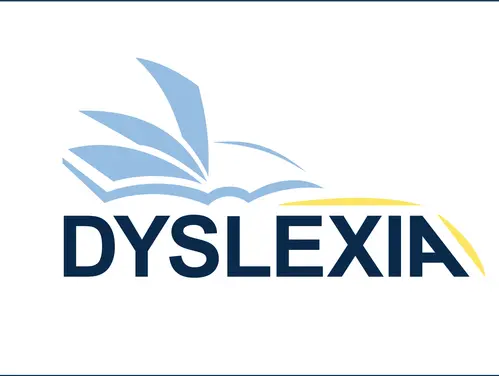Teacher Rebecca Bruno takes dyslexia personally.
She was tutoring a 6-year-old last November.
“He looked at me with a sad disposition and said, ‘How come I can’t read like everyone else in my class, it makes me sad,’” Bruno said. “I told him, ‘There isn’t anything wrong with you. Your brain learns differently and the school system isn’t set up for people like us, yet. You are smart and you will get there, I promise.’”
And Bruno kept her promise.
“We have been working together for a whole year now,” she said. “He went from only being able to say each individual phoneme to reading a paragraph in eight months and 32 lessons.”
The boy, Gunner Idlewine, is now in the second grade. He learned that he shared something in common with Bruno.
“He knows I have dyslexia, too,” she said.
Bruno first met Gunner when he was in kindergarten at Bennett Elementary School in the town with the same name in eastern Iowa. She was familiar with his family, having previously worked with his older sister Brooklyn who, like her kid brother, showed characteristics of dyslexia.
The next year, Bruno moved to the Wilton Community School District while simultaneously working to earn her dyslexia specialist endorsement. For her practicum, she reached out to Brooklyn’s mother, Jessica Idlewine, and asked if she could tutor her daughter. Idlewine agreed and work got under way. Bruno eventually expanded her work to include Gunner.
“Gunner made significant progress with me during our time together,” she said. “I haven't stopped tutoring him with systematic and explicit instructional interventions.”
“He is quick and smart.”
There is a subtext there when Bruno mentioned Gunner’s intelligence – when she was in grade school, she questioned her own intelligence.
“I felt like I wasn’t smart, I felt I was not intelligent,” she said. “I saw kids around me were learning things that I was having real problems with. In the third grade, my mom got me tested for dyslexia and ADD (attention deficit disorder), and before the fourth grade, they put me on medicine and it changed my whole life.”
It was in high school that she began to see she could academically succeed. She excelled in science, in particular.
“I remember I had 100 percent on a science test,” Bruno said. “I started to navigate through my learning process. I paid attention to what was working for me.”
Soon, she was applying those techniques in other classes and success started becoming more widespread. Still, it was a lot of hard work – work that people without dyslexia don’t have to do. By her senior year, she was getting straight As.
Still, Bruno wasn’t convinced she was intelligent.
“Up until last year when I got my dyslexia endorsement, I felt like I was an imposter or what I call having the imposter syndrome,” she said. “But at the end of the day, I thought, ‘oh my gosh, I did something that was hard. I am intelligent!’”
Wanda Steuri, the Iowa Department of Education’s dyslexia consultant, said it’s imperative that teachers use systematic and explicit instruction with students who show characteristics of dyslexia early on to ensure they don’t fall behind.
“When students fall behind academically, it can have a cascading effect on the rest of their educational careers,” she said. “We encourage people to check out the resources we have available on our webpage.”
Gunner and Brooklyn’s mother, Jessica Idlewine, has seen the lightbulb go off for her children. Eighteen-year-old Brooklyn, for instance, is heading off to the Missouri Welding Institution in January. Second grader Gunner is doing grade-level work.
“My children’s confidence is up,” Idlewine said. “They are going to succeed in this world. Rebecca is amazing, wonderful.”
Going forward, Bruno will continue to help students who show signs of dyslexia along their educational journey.
“I know firsthand the frustration that comes from being dyslexic,” she said. “Once you know what you are dealing with, it is a matter of finding out what works for each student. Then, they are on their way.”
